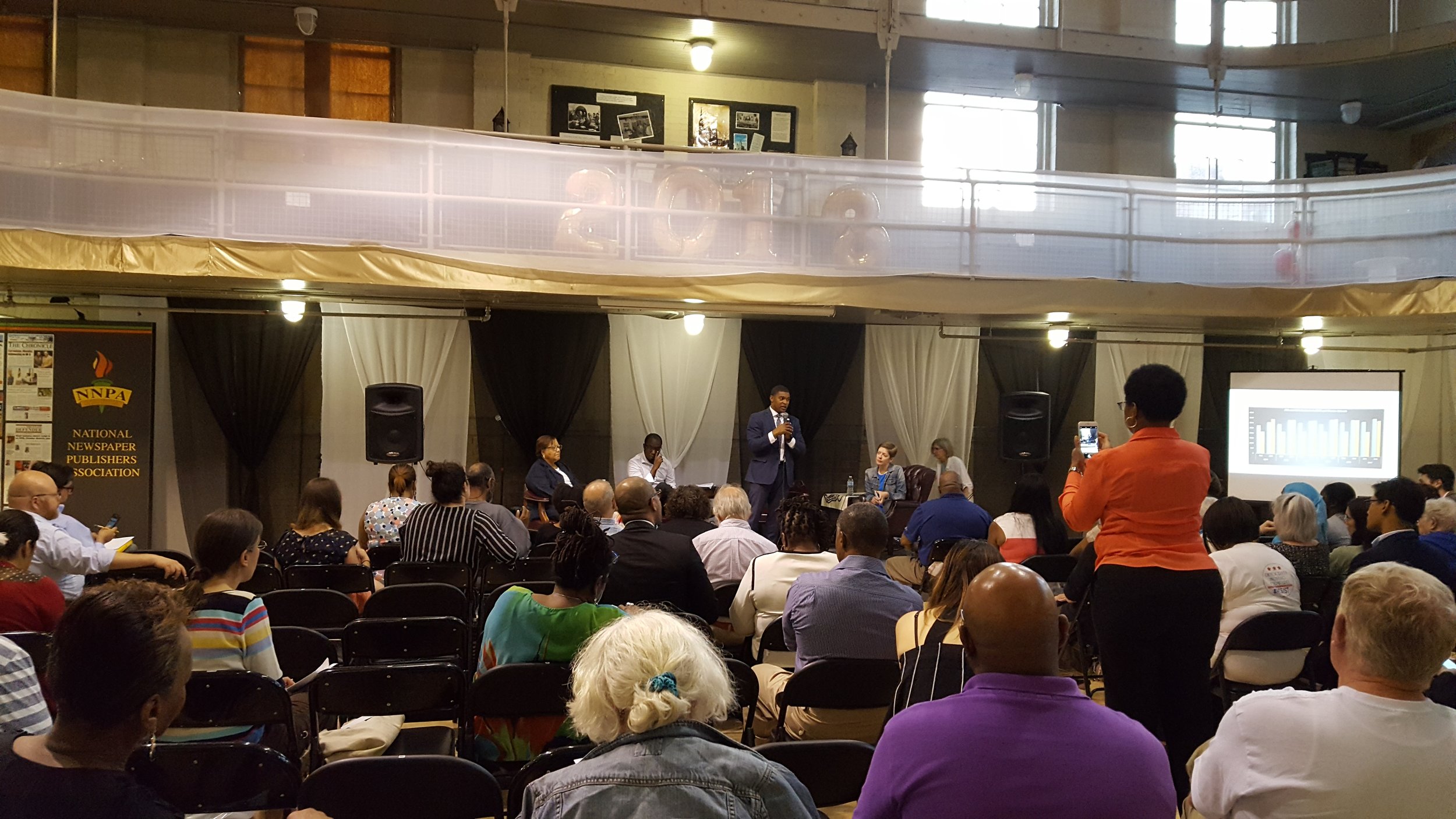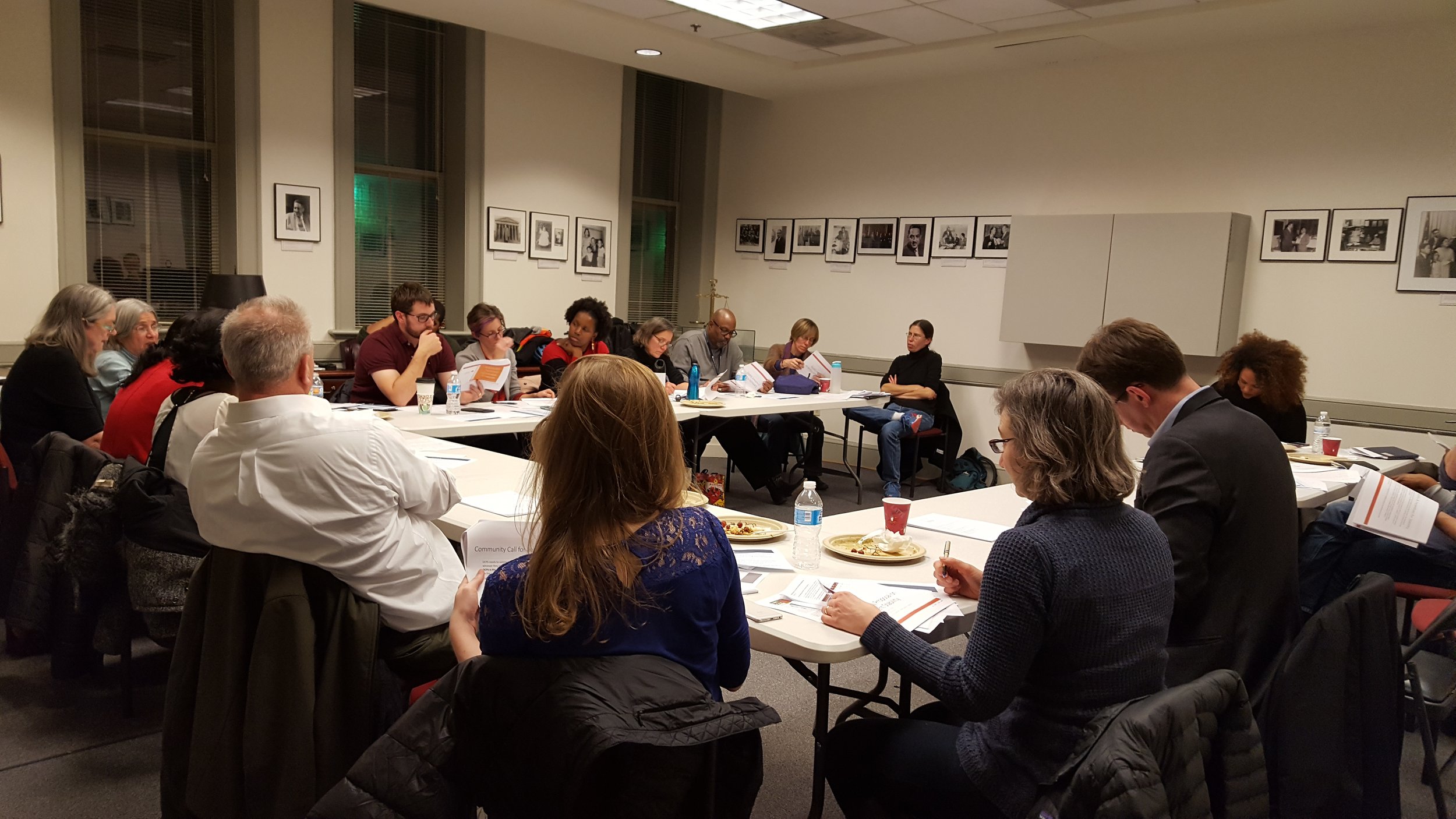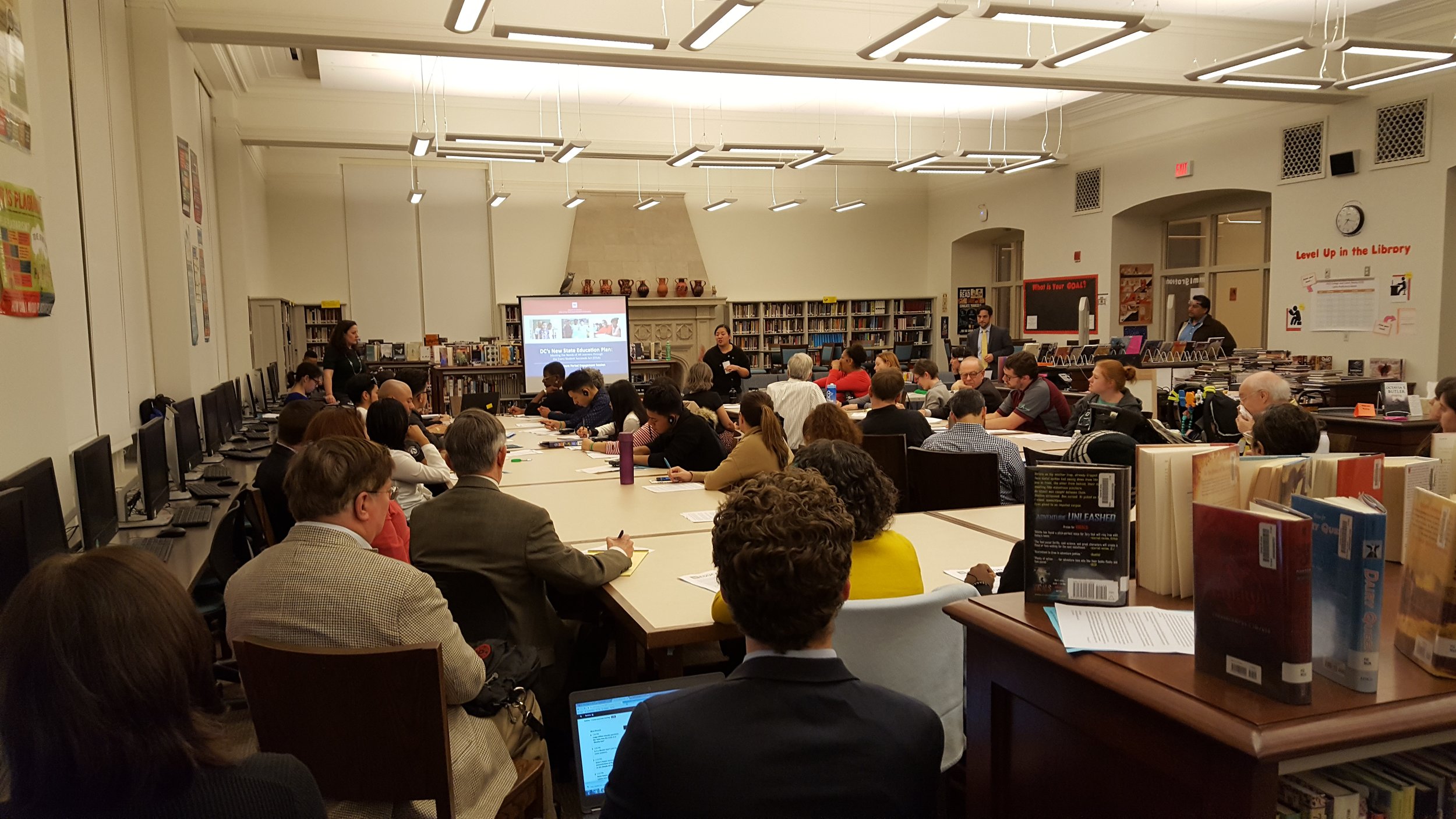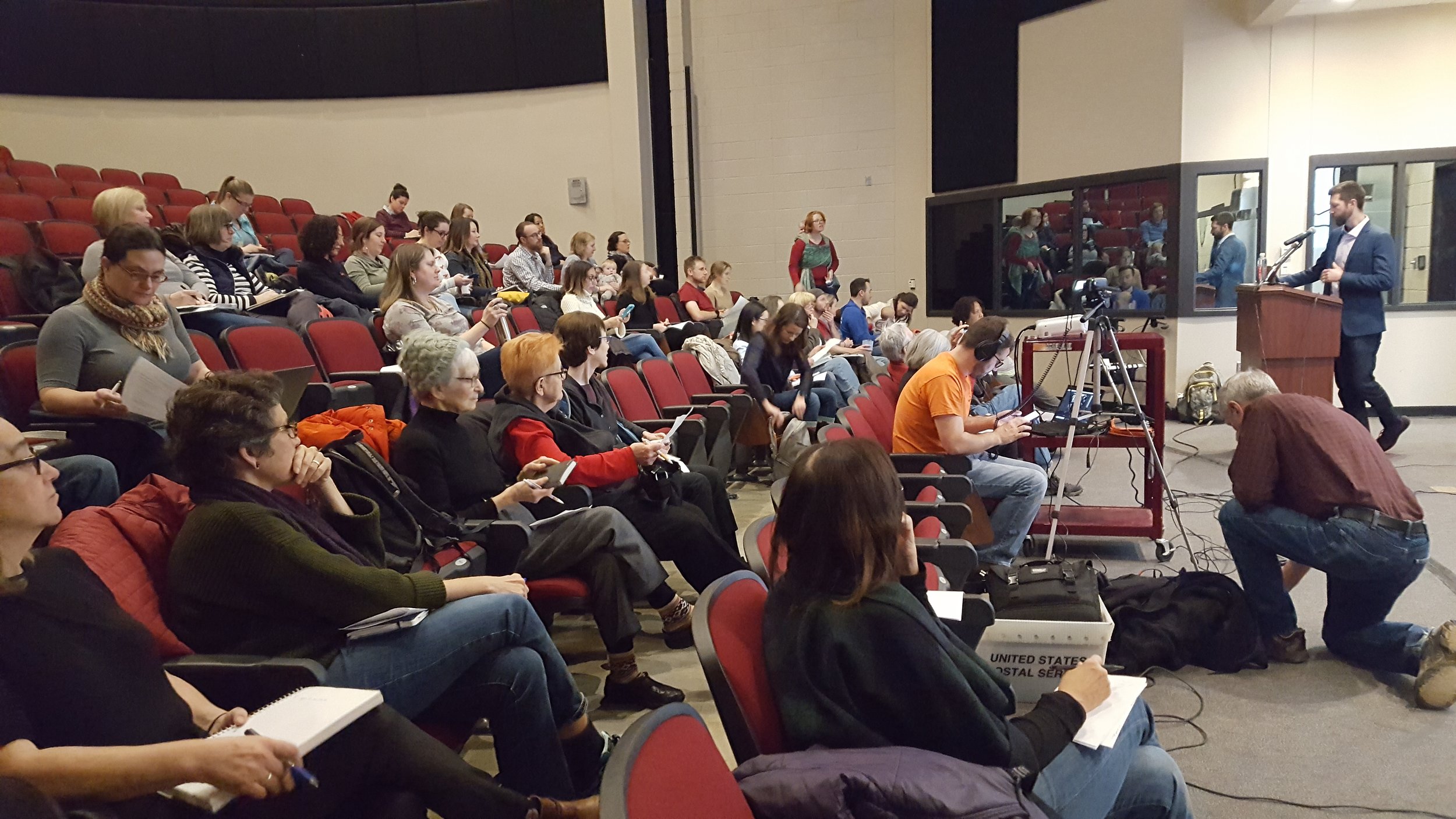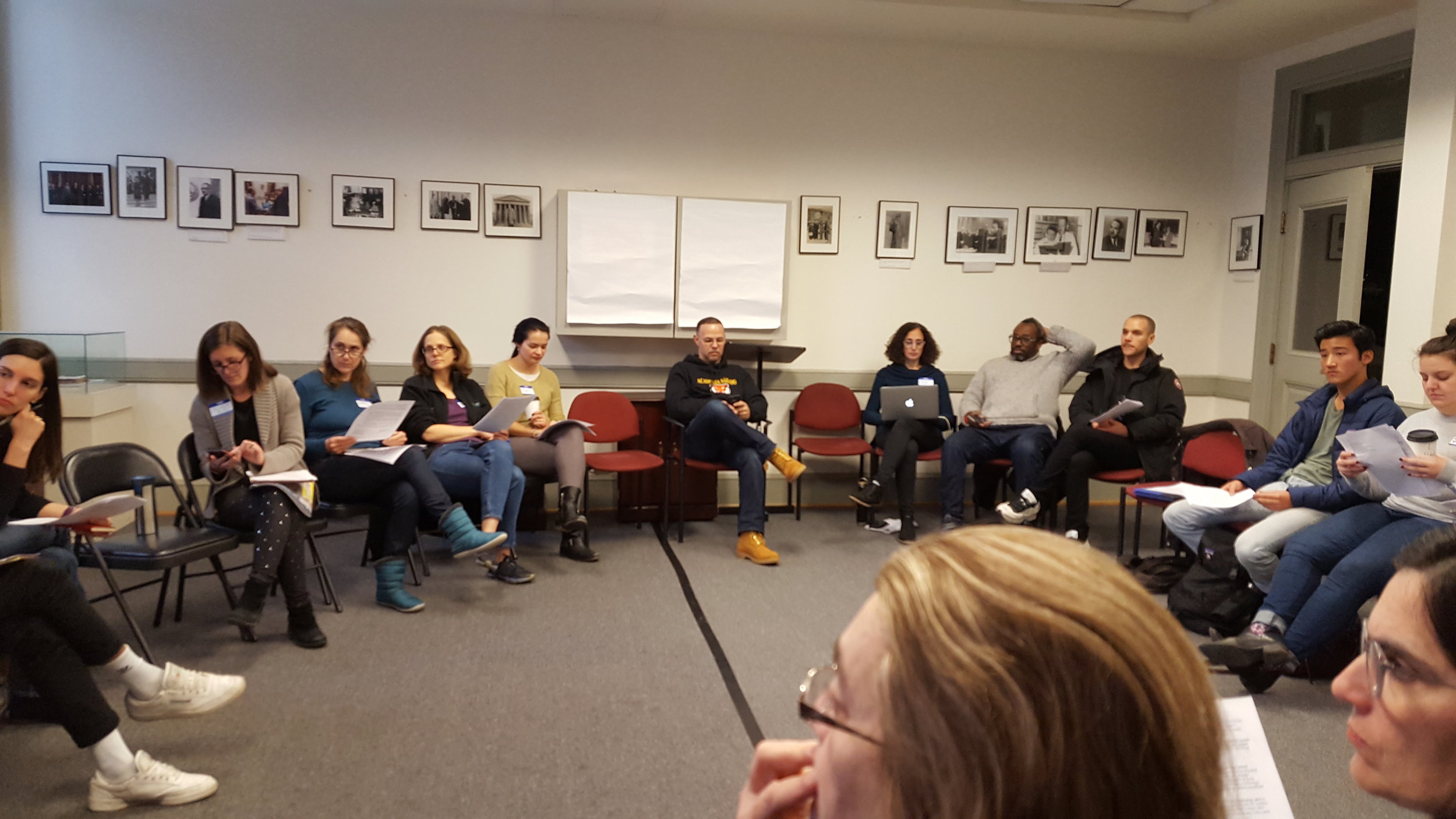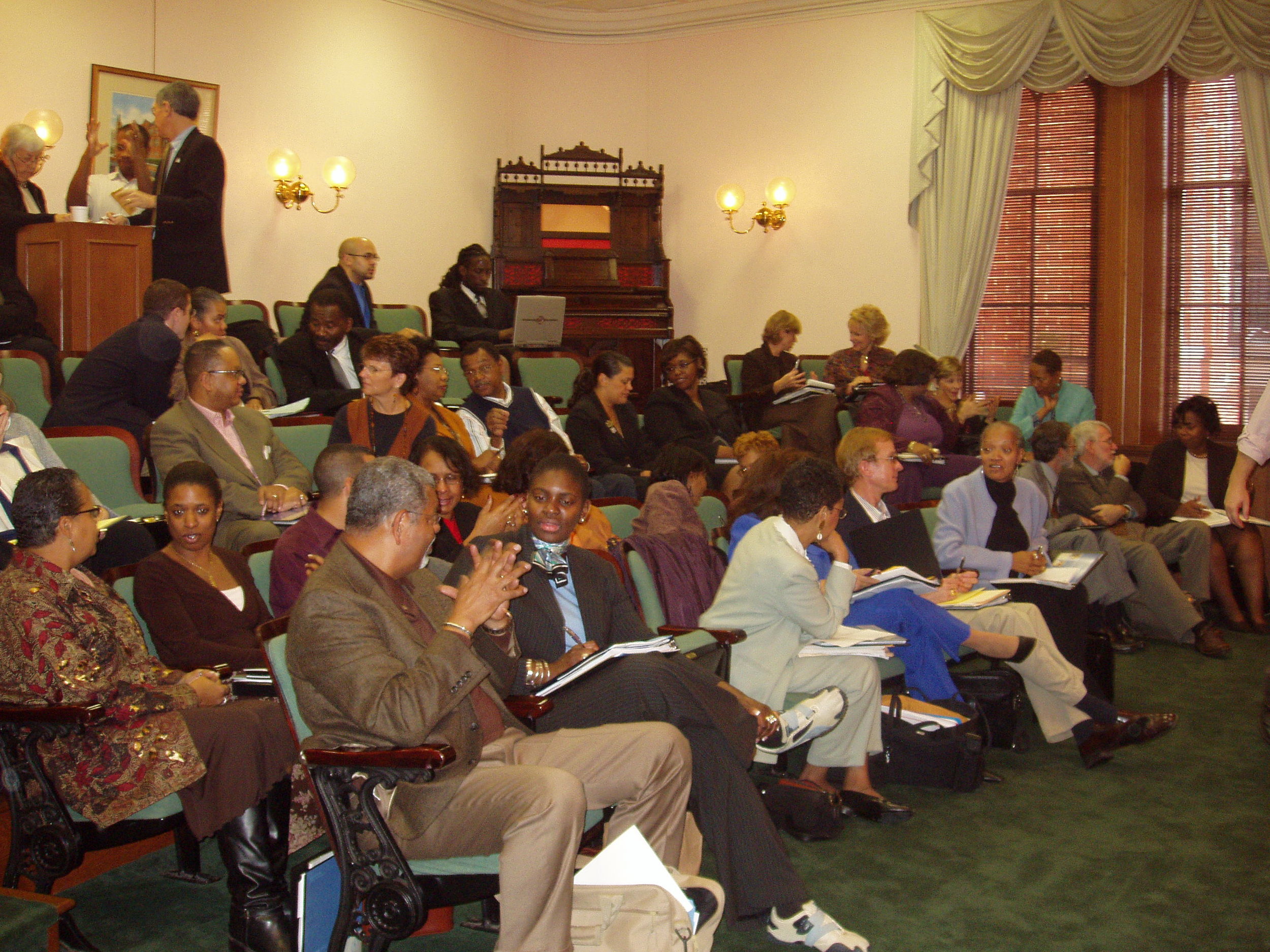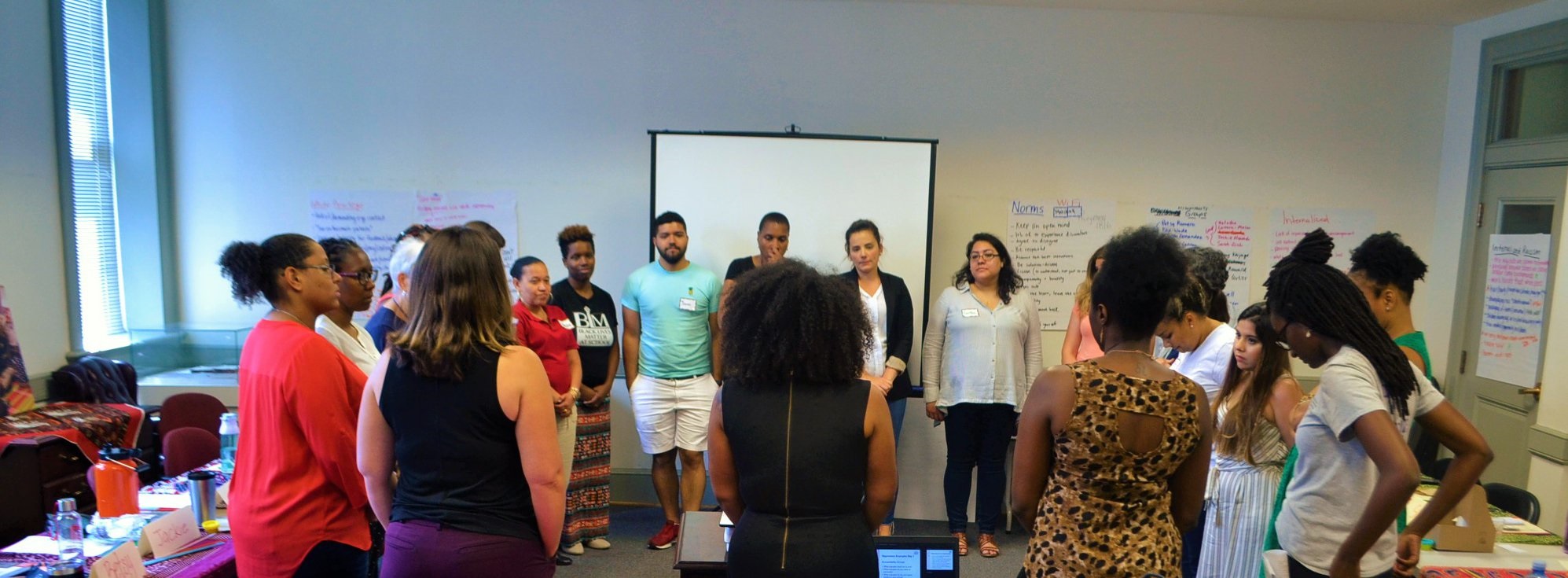Every Student Succeeds Act C4DC Talking Points for Testimony
/Every Student Succeeds Act C4DC Talking Points for Testimony before the State Board of Education on either Feb. 15th or March 15th.
We applaud this language in the ESSA regulations. Above all the accountability plan must be fair, it must make it possible for school populations to succeed and it must reward improvement.
“The bipartisan law and the ESSA regulations give states and districts the opportunity to move beyond No Child Left Behind’s reliance on a limited range of metrics and punitive “pass/fail labels for schools and use their planning and accountability processes to reimagine and redefine what a high quality education should mean for their students.” “ To that end the final regulations use multiple measures of school success reinforcing that all students deserve a high quality and well-rounded education that will prepare them for success. “*
Talking points for the OSSE Ward Specific Meetings and for the Testimony before the State Board of Education:
· We are very pleased that our elected state board will have to vote on and approve these regulations prior to them being submitted to the Dept. of Ed. There are two dates one in April and one in September. If it needs to be delayed to Sept. to be right, we support the Sept. date
· We want a model that incentivizes growth and improvement in offering our students a well -rounded education. That means multiple measures.
· To that end we would like to see a drastic reduction in the 80% weight on the PARCC assessment for elementary and middle grades in the current plan. We support 50%.
· We want to see a growth measure introduced for high schools. Waiting until September would allow for the time needed to study the spring scores and align the metric between 8th and 10th grade
· There are two academic measures. One measures growth and one the performance of their students. We recommend an inverse weighting system. Schools showing high growth but with a distance to get to high performance should be acknowledged not punished. We would like to see the achievement progression for high schools from the Sept. draft that rewarded moving students from below basic to basic etc.
· Learning from the shortcomings of NCLB we want interventions that invest and build on strength, not destroy.
· We want to see growth measured by the same student’s progress, not the 5th grade one year against the 5th grade the previous year.
· We would like to see School Environment or school quality indicators include multiple measures that may include attendance and re-enrollment but might also look at stability measures like high teacher turnover.
· DC could give a school 5% for implementing a strong school climate survey until the necessary work is done to include one as part of the evaluation.
· We want to see schools rewarded for serving ELL and Special Education students with fair tools and measures
· ESSA is more flexible. The current draft looks too much like the previous NCLB edition. We want it to be a living document where we learn what the cost and benefits of our plan are through a yearly audit and analysis and make adjustments – it has to be transparent; school communities have to be involved.
